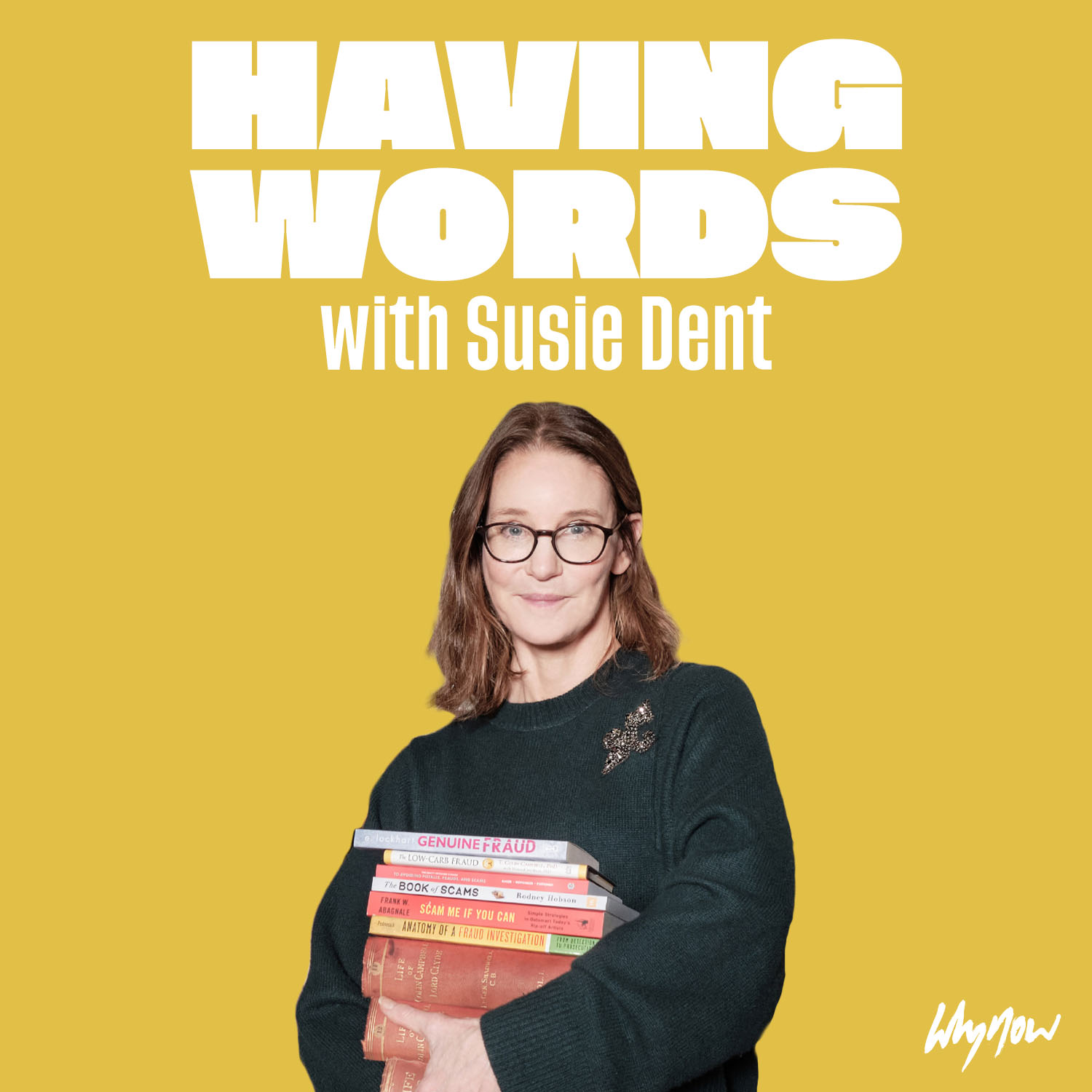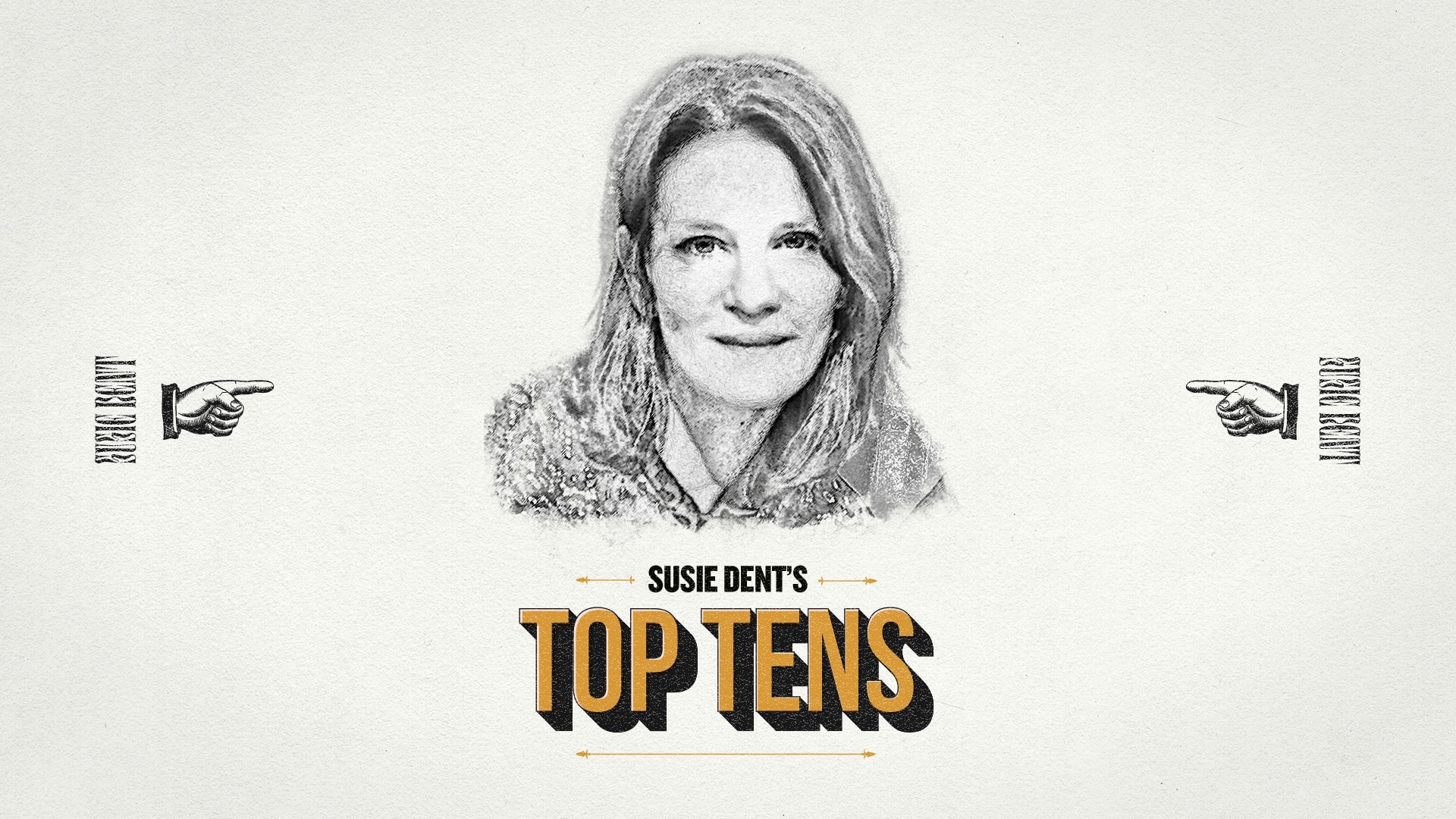From ‘trending towards’ to ‘reticent to’, language is evolving before our eyes. Susie Dent explores 10 words and expressions that are morphing into something different from their original meanings.
When it comes to language, we all have our bugbears. Some of us grind our teeth over ‘pacifically’, while others resort to hair-pulling whenever they hear a hundred uses of ‘like’ as a conversational filler. It’s a new kind of sloppiness, you might think, fuelled by social media and the way we speak with our fingers, tapping out real-time conversations on our screens. And yet English has always evolved partly by mistake. Words we now consider to be entirely standard were born out of misunderstandings, their stories now long gone. Language, like all else, is a survival of the fittest. It’s a ‘doggy dog world’ out there, after all.
Below is a selection of other words and expressions that are morphing into something if not ‘wrong’, then definitely different.
on tenderhooks
Not many know much about ‘tenterhooks’, the original version of this expression for a feeling of suspense. In the 19th century, however, the reference would have been easily understood, for tenters were frames on which wet wool was hooked and tightly stretched while it dried outdoors. To be ‘on tenterhooks’, metaphorically speaking, was to be held as taut as the wool.
mischievous
Do you say ‘mis-chiv-ous’ or ‘miss-chee-vious’? If you plump for the second, chances are you are still fairly young, for this pronunciation is very much the new fashion. There is a logical reason for it, too, for in our heads, we match the word with other familiar adjectives such as ‘devious’. As yet, the spelling has stayed just the same, but we will have to wait and see.
LISTEN: Having Words with Susie Dent
In a brand new podcast, Having Words, Susie Dent chats to comedians, writers, broadcasters and generally anyone that is up for chatting with her about linguistics. In this brand new whynow exclusive, Susie discusses the nuances of language, etymology, translations, anecdotes, Americanisms, swear words, and much more. Susie and her guests all have one thing in common: they all love words.

Lexicographer and Broadcaster Susie Dent presents a brand new podcast, Having Words.
hence why
This flowery formulation crops up everywhere these days, particularly in contexts where speakers are trying to be business-like. But ‘hence’ here means ‘for this reason’, which makes any addition of ‘why’ entirely redundant. ‘I was tired, hence I went to bed’ makes perfect sense – ‘I was in a meeting, hence why I didn’t answer the phone’ doesn’t.
trending towards
Thanks to Twitter, we are now ‘trending towards’ things rather than ‘tending’ towards them. ‘Simon tended towards arrogance’ means Simon is prone to display this characteristic. Were he to merely trend towards it, the suggestion is that he may not have got there yet.
off her own back
We have been doing things off our own bat since the 19th century. In doing so, we are using a cricketing phrase, for it originally referred to the score made by a player’s own hits. ‘Off one’s own back’ is making clear inroads today, however, even though most of the original logic is lost.
vicious cycle
It may be reassuring to know that ‘vicious cycle’ emerged as a mishearing of ‘vicious circle’ just fifty years after the original, in the 19th century. The idea running through both is a sequence of reciprocal cause and effect.
to all intensive purposes
In 1546, an act of Henry VIII ensured that the King had the power to interpret any law as he pleased, in other words, ‘to all intents, constructions, and purposes’. ‘Intents’ here is a noun, meaning ‘specific intentions’. However, this usage is rare, so we have turned the expression to something which isn’t, namely ‘intensive’. That said, it is quite hard to figure out what highly-concentrated purposes actually are.

‘To all intents and purposes’ is a phrase attributed to King Henry VIII, depicted here dancing with Anne Boleyn
butt naked
If ever you wanted an example of an expression that has been made better by mistake, then this is surely it. ‘Butt naked’ neatly conveys the idea of being entirely naked, given that ‘butt’ has been used for a person’s buttocks since the 1600s. The original, however, was ‘buck naked’ and probably referred to ‘buckskin’, i.e. the bare skin of a male deer.
reticent to do something
‘Reticent’ is increasingly being used to mean ‘reluctant’. But at the heart of the word ‘reticent’ is a Latin word, tacere, that means ‘to be silent’ – it gave us ‘tacit’, too. This means that we can’t really be ‘reticent to’ do something but rather ‘reticent about’ things we’d rather not speak about. ‘Reluctant’, on the other hand, signifies we are unwilling, hesitant, and altogether unforthcoming.
nonplussed
If you were walking the streets of NYC and suddenly declared you were ‘nonplussed’, the assumption would be you weren’t really bothered. Strictly speaking, you should be startled and bewildered, totally taken by surprise. The expression is rooted in the French non plus, ‘not more’, i.e. this is a state in which no more can be said or done. Clearly, though, there’s something about the ‘non’ which suggests to some a lack of interest or investment. Which, of course, leads to the question: what are you when you’re ‘plussed’?






2 Comments
Hi Susie, well I still seem to be the only person regularly commenting on these….as fascinating as ever, although most of them surprised me. I haven’t heard most of the new usages myself and certainly don’t use any of them. I have many other bug-bears which I won’t bore you with (except the use of “impacted” to mean “affected” and “walk the walk” which is meaningless and should be “walk the talk, ie, do what you say!) Thanks very much. Phil
Thank you Susie. What do you think of the phrase ‘up to..’ being used instead of ‘approximately ‘around’ etc. ? That usage is now in regular use in news channels. ‘Coastguards estimate that up to 700 people landed illegally on Britain’s shores…’.. So definitely not 701 people.